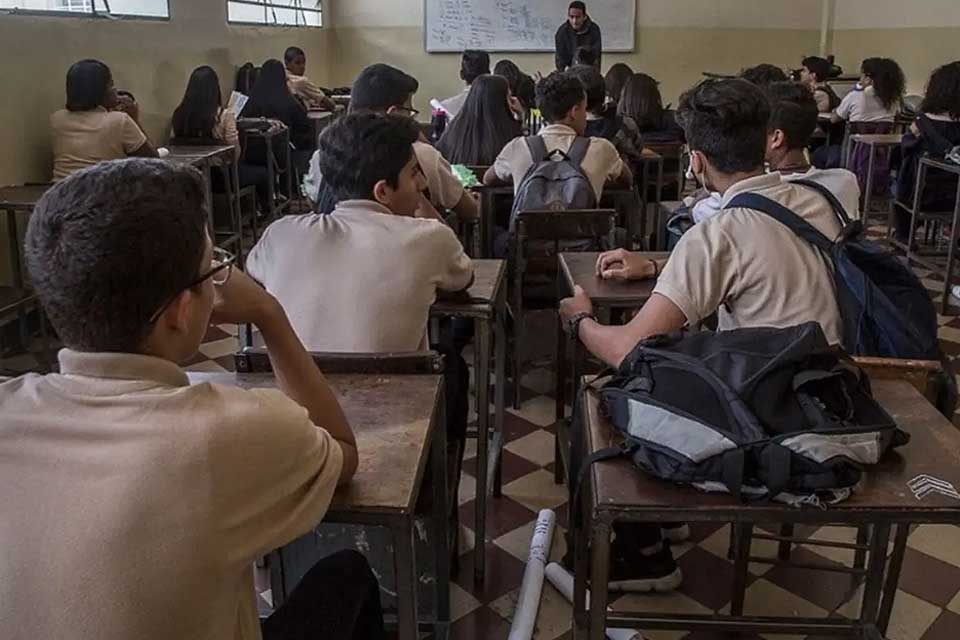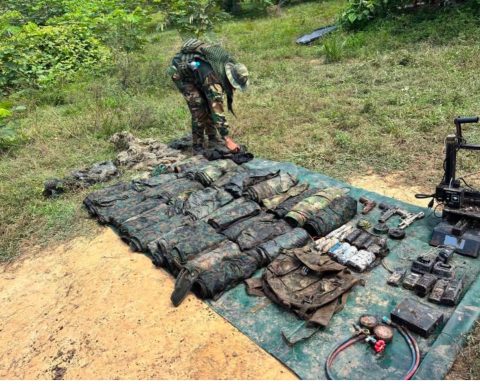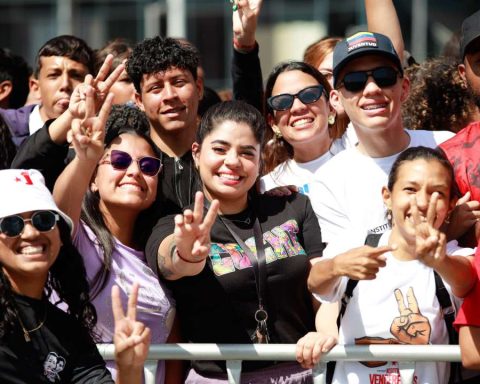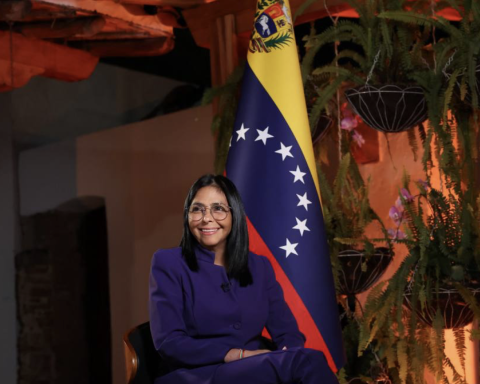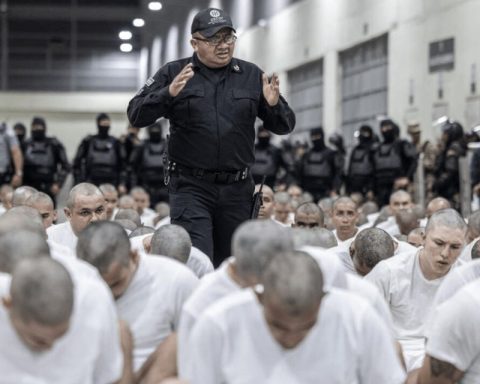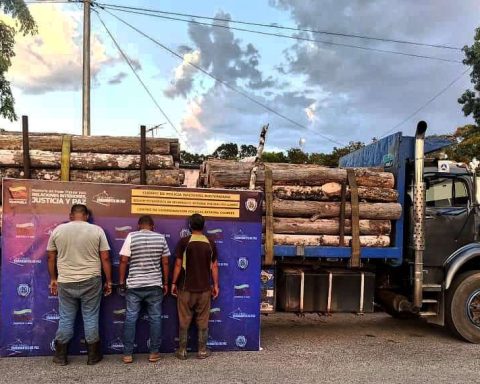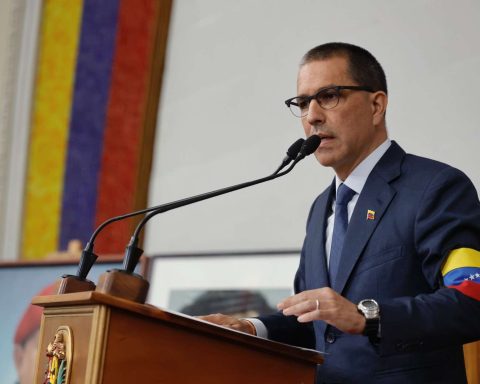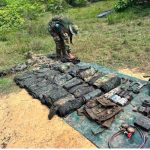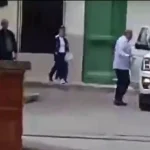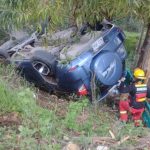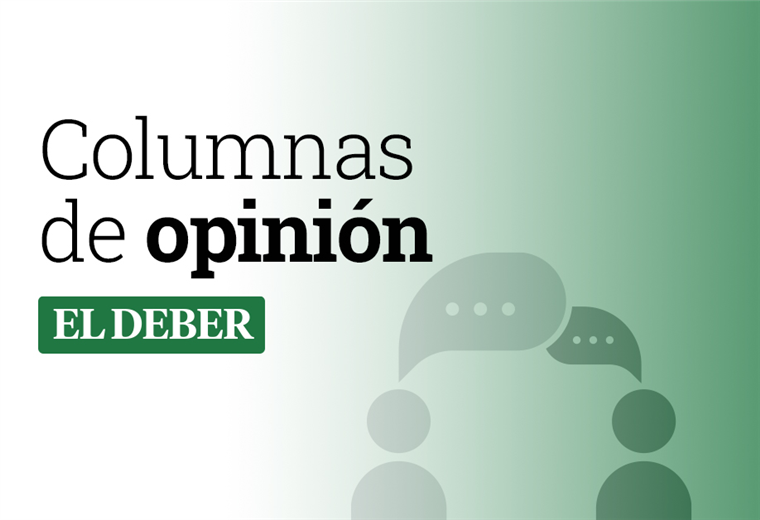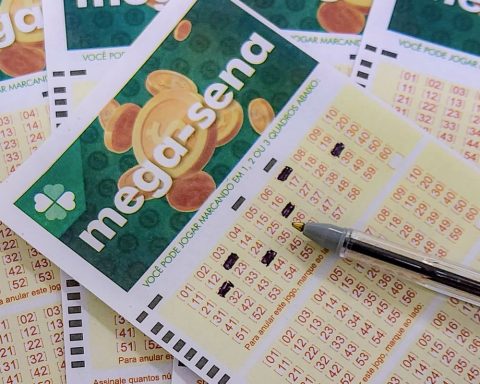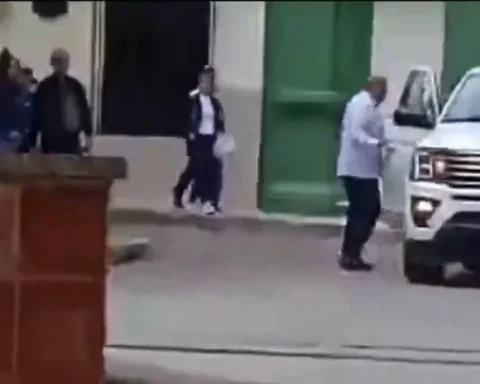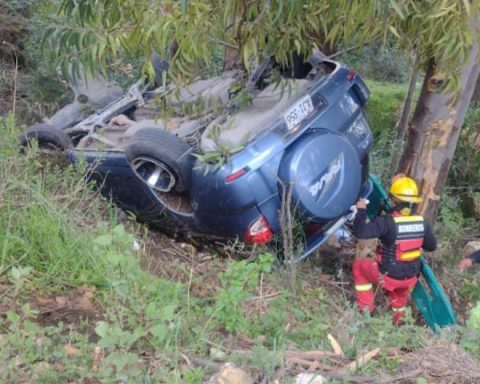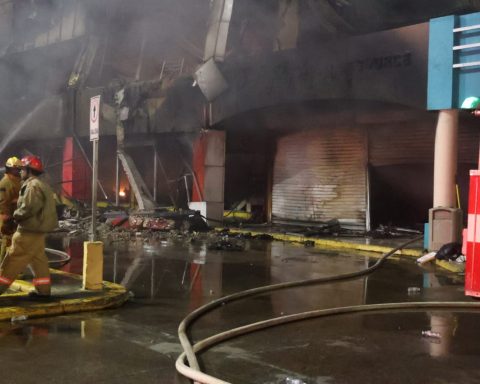During a chat forum held by SuchWhichNancy Hernández, director of the National Federation of Parent and Representative Societies (Fenasopadres), pointed out that in the new school year a leveling of the contents that could not be taught during the 2023-2024 period must be done.
The outlook for the start of the new 2024-2025 school year is looking “darker” after the previous period ended “abruptly.” This was stated by the psychologist and director of the National Federation of Parent and Representative Societies (Fenasopadres), Nancy Hernandez, during a chat forum held by SuchWhich.
Hernández explained that the 2023-2024 school year was interrupted by the early call for presidential elections, which led educational institutions to close their academic and administrative activities between the last week of June and the first week of July 2024. Because of this, all the learning processes that should have taken place during this school period were not guaranteed.
Added to this is the mosaic schedule. According to the director of Fenasopadres, this meant that students in public schools had activities three days a week of five academic hours “in the best of cases” up to one day a week of five academic hours.
“Not all the expected learning could take place, which means that teachers in this upcoming 2024-2025 school year will be forced to carry out a learning assessment at the beginning of the school year and a leveling of the deficiencies that must be filled in a short period of time for there to be a more or less successful continuation,” said Hernández.
He also highlighted the irregular attendance “in more than 85% of primary education institutions.” “We found that the habits of regular school attendance, of staying in the classroom, of assimilating specific objectives in specific academic hours, have not yet been consolidated, especially in the first grades, because attendance was very irregular,” he said.
However, he stressed that in private schools academic activities are guaranteed five days a week.
The psychologist added that the mosaic schedule was established in 2022 and remained that way during 2023 and 2024, so “it is very likely that it will be repeated for the 2024-25 school year.”
On the other hand, he pointed out that, in the case of secondary education, in the face of deficiencies in mathematics, social sciences or chemistry and physics, “a kind of mapping of where the student is will be established and, in general, a kind of refresher in the leveling will be given to try to homogenize the group of each course and probably start the academic year in November of this year.”
Back to school after elections
Regarding the start of classes in the post-election context, Hernandez pointed out that the increase in mass migration of Venezuelans, whose current number exceeds seven million people, according to the United Nations High Commissioner for Refugees (UNHCR)could affect education, not only for the families and children who would emigrate, but also “teachers who, given the electoral situation in Venezuela, have made the decision to emigrate not only because of the economic and social crisis, but also because of the political crisis.”
He also said that this could lead to the closure of private schools “due to the inability to guarantee the cost structure.”
The psychologist also explained that the country’s post-electoral situation “emotionally affects the Venezuelan population, but even more so a sector as vulnerable as children and adolescents.”
He added that high school students are particularly at risk of being subjected to some coercive or repressive measures because they are young, “as they have seen during the holiday period after July 28.” “To date, there are a large number of young people who have come out to exercise their legitimate right to protest, and who have reached the appalling figure of 129 minors detained without any cause,” he said.
“This has created a climate of fear, of great fear, of a plausible threat and a real threat. It is not a threat that is invented,” he said.
She pointed out that “this situation will be present in schools from the start of classes” and called on teachers and educators to understand that there will be disruptive behavior, “panic, rebellion, rage, pain disguised as rage and aggression” that must be addressed within the school environment.
*Read also: Minister Sánchez reviews urgent needs in universities and seeks to strengthen relations
The post #Forochat | New school year: what are the challenges and recommendations? appeared first on Such and Such.
